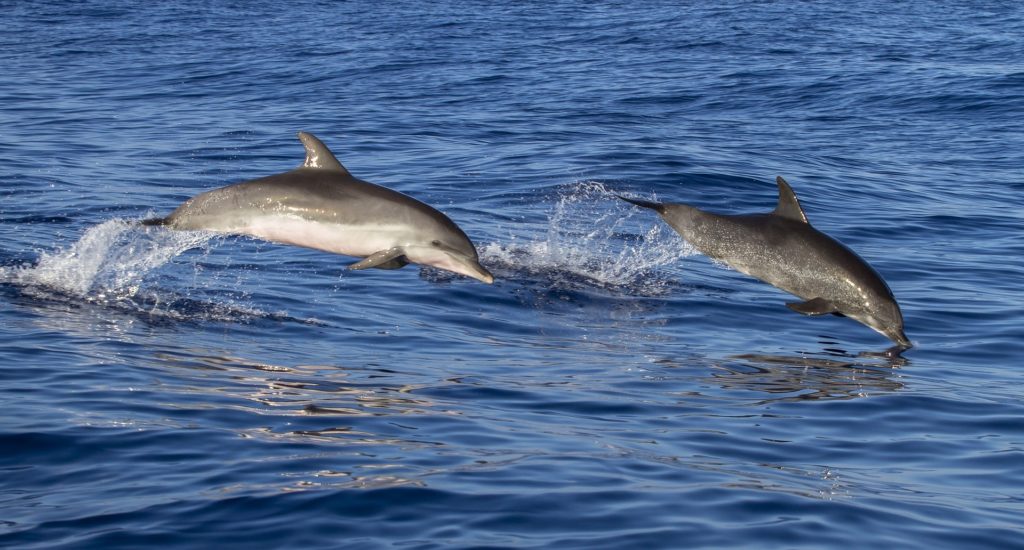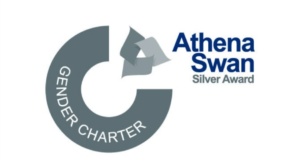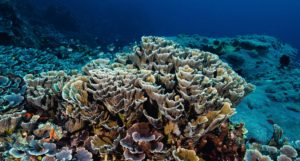Exeter experts welcome High Seas Treaty

Ocean researchers from the University of Exeter have welcomed the United Nations High Seas Treaty.
After negotiations that began more than a decade ago, the treaty will protect areas that lie outside national boundaries.
It places 30% of the world’s oceans into protected areas, puts more money into marine conservation and covers use of resources (such as mining).
Exeter’s marine researchers called the treaty a “huge step forwards” and a “crucial first step” – but said it must be ratified by nations to ensure meaningful action.
Professor Callum Roberts said: “I am delighted that this treaty has finally been agreed.
“I have worked on the scientific need and mechanisms for high seas protection for nearly 20 years, almost the entire span of these negotiations.
“At times I doubted we would ever achieve success.
“This new High Seas Treaty is essential to tame the wild west mentality of exploitation in the last frontier of international waters, a place where anything goes in the pursuit of profit.
“It will also bring the UN’s recent decision to establish 30% of the ocean as protected areas by 2030 within reach.
“Until now there has been no legally agreed instrument available to establish protected areas in the 43% of the planet that lies beyond national control.
“That half-planet sized hole in our ambitions can now be filled with a meaningful network of protected areas.”
Dr Kirsten Thompson said: “The newly agreed UN oceans treaty finally provides a mechanism for creating a network of ocean sanctuaries across the high seas, keeping the aim of 30% coverage by 2030 alive.
“What governments do next is key – the treaty needs to be ratified by countries so that effective protection can be delivered across our ocean as soon as possible.”
Professor James Scourse said: “The high seas now face multiple threats, from deep-sea mining to overfishing; these are overprinting the ongoing threats from planetary heating.
“This treaty is a belated crucial first step towards protecting significant parts of the oceans and demonstrates again that complex international environmental agreements are possible.”
Dr Lucy Hawkes said: “Animal tracking work carried out by Marine researchers here at Exeter has shown that marine wildlife travel vast distances across international borders, and desperately need internationally cohesive protection for their populations to recover from historic overfishing and harvesting.
“The treaty reached this week is a huge step forwards, but we look forward to contributing more scientific understanding to foster really sustainable management of protected areas.”
Professor Lora Fleming said: “This is a huge step forward to protecting and conserving the health of both people and the ocean.”
Professor Philipp Thies, who specialises in offshore renewable energy, said: “The resources of the high seas are coming under increasing pressure, not just fish stock, but mineral resources are targeted for increased use commercial use.
“To ensure important habitats are protected from and for humanity this is a significant achievement.
“It will also allow managed commercial use of high seas resources for the benefit of all countries around the world, rather than the a few counties with the economic and technological power for exploration.
“My hope is that this agreement will unlock both the protection of critical habitats and the managed use of high seas resources.”
Professor Brendan Godley, who leads the Exeter Marine research theme, said: “The majority of our oceans are considered international waters or the ‘High Seas’.
“This step towards a UN treaty is a most positive one.
“It has tremendous potential to help greatly with biodiversity conservation, in particular to better safeguard migratory species and important fish stocks.
“We now need the world’s governments to adopt and support the agreement.”



